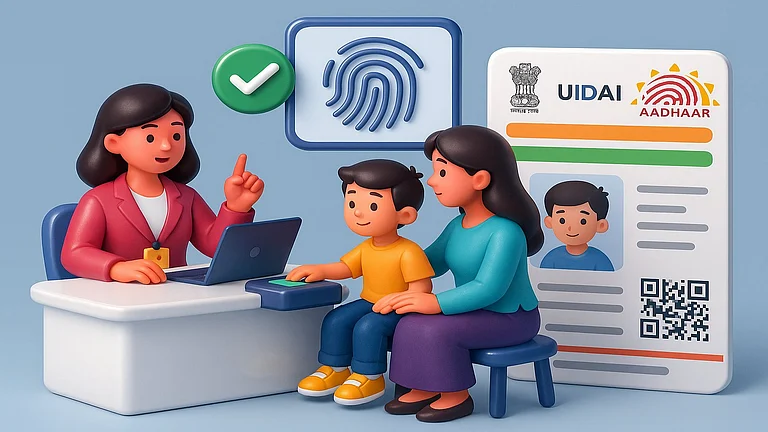TransUnion CIBIL recently released a report called ‘Credit Market Indicator’ revealing a 66 basis points (bps) year-on-year (y-o-y) increase in serious delinquency in credit cards, with payments overdue for more than 90 days reaching 2.94 per cent during the quarter ending June 2023.
When you miss a credit card payment, late fees are applied, and the outstanding balance accrues a rate of interest as high as 42 per cent per annum in some cases. Your credit score may suffer, hindering future access to credit and loans, too.
Credit card issuers may also initiate collection calls and may suspend or cancel your card privileges. Hence, when using a credit card, it is important that you follow some basic rules so that you do not end up defaulting on payments.
Budget: According to Adhil Shetty, CEO, BankBazaar.com, a financial services website, the first step to ensure that you do not fall into a debt trap is to make a budget and stick to it.
“Take stock of how much money you have by calculating the amount left in your account after deducting for EMIs and other utility bills,” says Shetty.
He says that since people do a lot of shopping through credit cards, it is important to plan one’s credit card expenditure based on how much credit card debt one can manage in future.
“Once you have zeroed in on an amount that you can spare for your expenses, stick to that budget,” he adds.
Pay Off Your Credit Card Dues In Full Every Month: Bhuvanaa Shreeram, co-founder and head of financial planning, House of Alpha, says that though it might be tempting to only pay the minimum due on your credit card statement each month, but doing so can lead to a lot of interest accumulation on your debt.
“Never even pay partial amounts,” he says.
He says that even if one pays Re. 1 less than the full balance outstanding, the credit card issuing bank or financial institution will charge interest on the full amount payable for the 45 days that you have enjoyed the credit.
So paying off the full balance is non-negotiable. If you fail to do that, it could well be the beginning of your monetary woes, he says.
One way of doing that is to pay your credit card bill as soon as you make a purchase, or pay regular amounts throughout the month. That way, you will not have to pay a huge bill at the end of every month, nor will you run out of money to pay the bill, but you will still earn reward points on your credit card spends.
Restrict Your Impulses: It is equally important that you don’t spend or borrow more than what you can afford to pay back on your credit card.
“With credit cards being available more easily, it is easy to get carried away and borrow more than your repayment capacity. Loans are not a source of free money. Do not have multiple loans simultaneously or take new loans to close old ones. Make sure your debt is in control by making sure your loan equated monthly instalment (EMI) does not exceed 35-40 per cent of your monthly income,” says Shetty.
For instance, a phone that costs Rs 1.50 lakh and taken on a 12-month credit card EMI, will set you back by Rs 12,500 every month. It may seem a small amount at first, but together with other EMIs, could lead to a huge credit card bill every month which you might find difficult to pay.
Keep An Emergency Fund: Keeping an emergency fund could come in handy. In case of unexpected expenses, if you end up using a credit card and then if you cannot pay it off and start falling into a debt trap, you can fall back on the emergency fund to pay off your card dues.
“If you keep an emergency fund, you will be able to dip into it to pay off the credit card outstanding when it becomes due. This way, you can avoid the debt trap and also improve your credit score,” says Shreeram.














